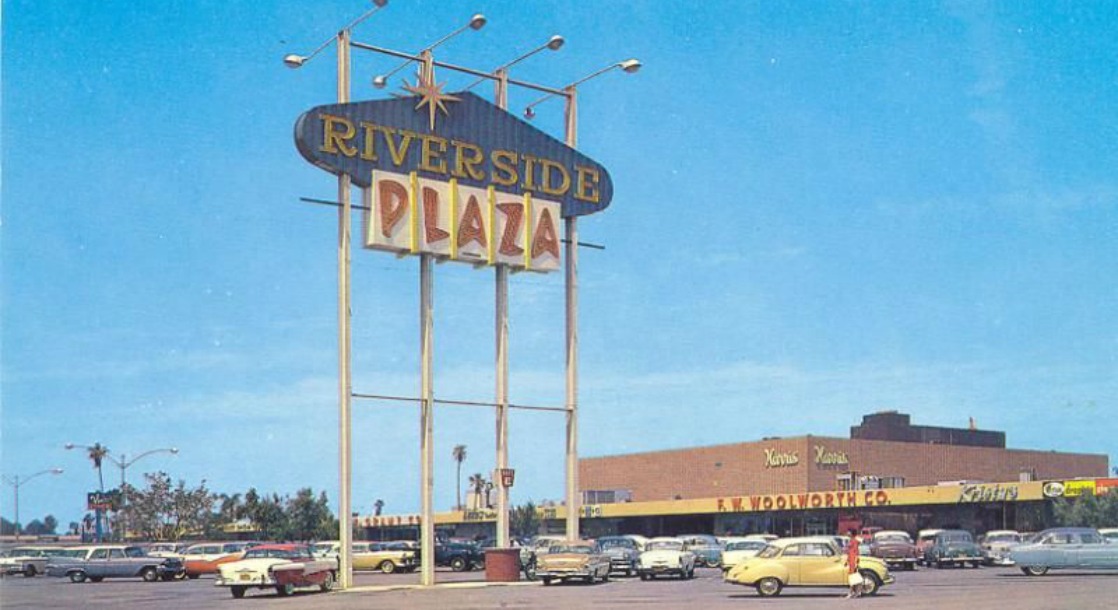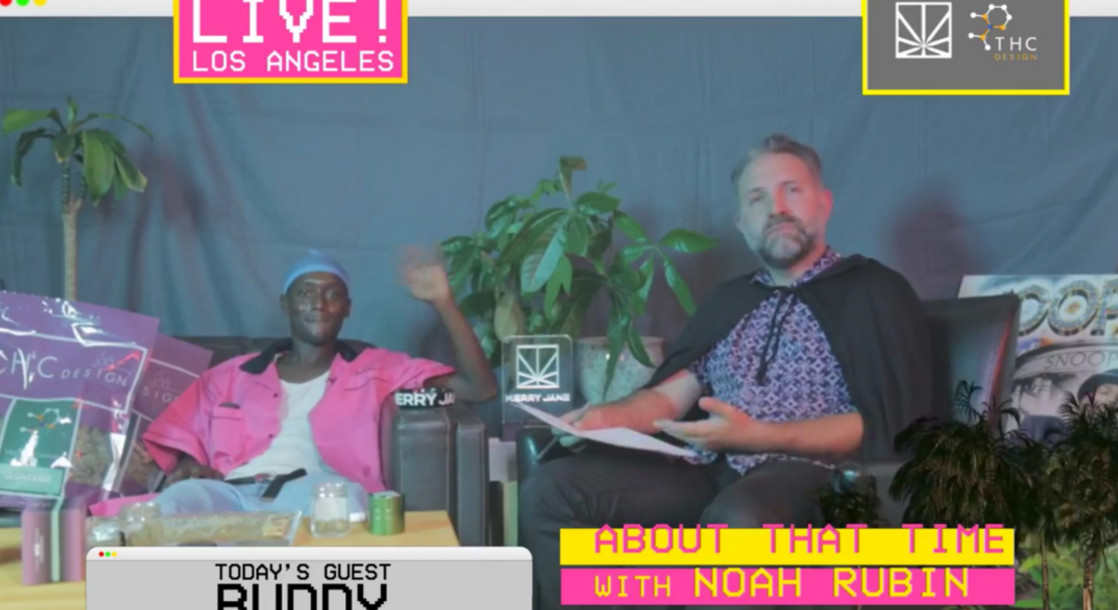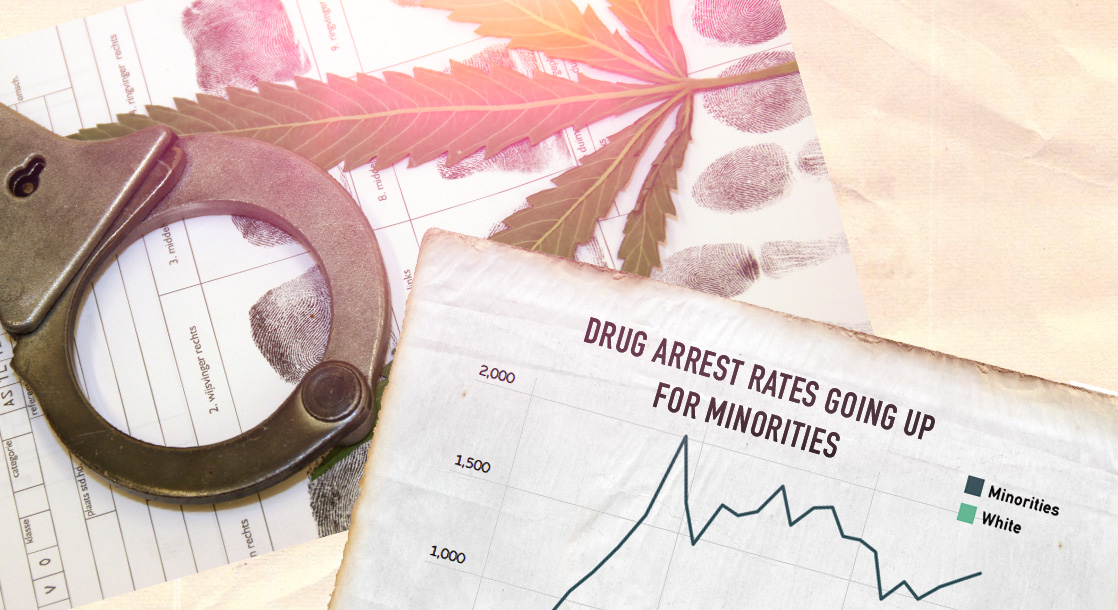Weed is legal in California, but that doesn’t mean that you can buy your bud anywhere. Under state law, local municipalities have the authority to control the cannabis trade in their town or city. And yet still, just because a city bans dispensaries or grow-ops, doesn’t mean that people will actually listen. In Los Angeles County, dispensaries have been banned since 2011, but dozens of unlicensed medical pot shops are still operating, even without local sanctions.
Sherriffs in L.A. County have tried to get rid of the unregulated dispensaries, but after one closes, more seem to pop up at the drop of a hat.
In nearby Riverside, California though, a 2007 pot shop moratorium has been thoroughly enforced, and according to the Riverside Press-Enterprise, law enforcement officers in the Inland Empire town have shut down 118 pot shops in the past decade. Now, as medical regulations are set to shift and recreational legalization ready to take hold, Riverside is home to zero dispensaries.
But if L.A. County has had such difficulty getting rid of their pot shops, how has Riverside been so successful? For one, Riverside city officials are big fans of WeedMaps.com, and use the dispensary directory to find local pot shops and inform them about the local ban. If one of those businesses doesn’t want to leave voluntarily, the city will shut off the building’s utilities and quash their ability to do business.
The measures might seem extreme, but for local officials, the tactics are necessary for the protection of Riverside residents – even those that shopped at the illegal dispensaries.
“It’d be like if I wanted to open up my own restaurant and I said I don’t care about any of the health and safety rules and I don’t care about the (health department grade), I’m not going to pay a permit or anything,” City Councilman Mike Soubirous said. “That’s the problem that we have here.”
But for Riverside’s medical marijuana patients who now have to travel to get their stash, the pot shop ban still doesn’t make sense.
“I just don’t see why we should put any resources or time into fighting medical marijuana in this town,” 37 year-old Riverside resident Patrick Maloney, who uses cannabis to relieve his back pain, told the Press-Enterprise. “when we should be putting time into fighting crime or homeless issues.”
City officials still haven’t decided what they’re going to do once California’s recreational pot sales start in 2018, but whatever they decide, they’ll have a clean slate to work with. Riverside had one unlicensed dispensary in operation as recently as May 16th, but that’s since closed, and as of this week officials say that the city is entirely successful in enforcing the ban.











